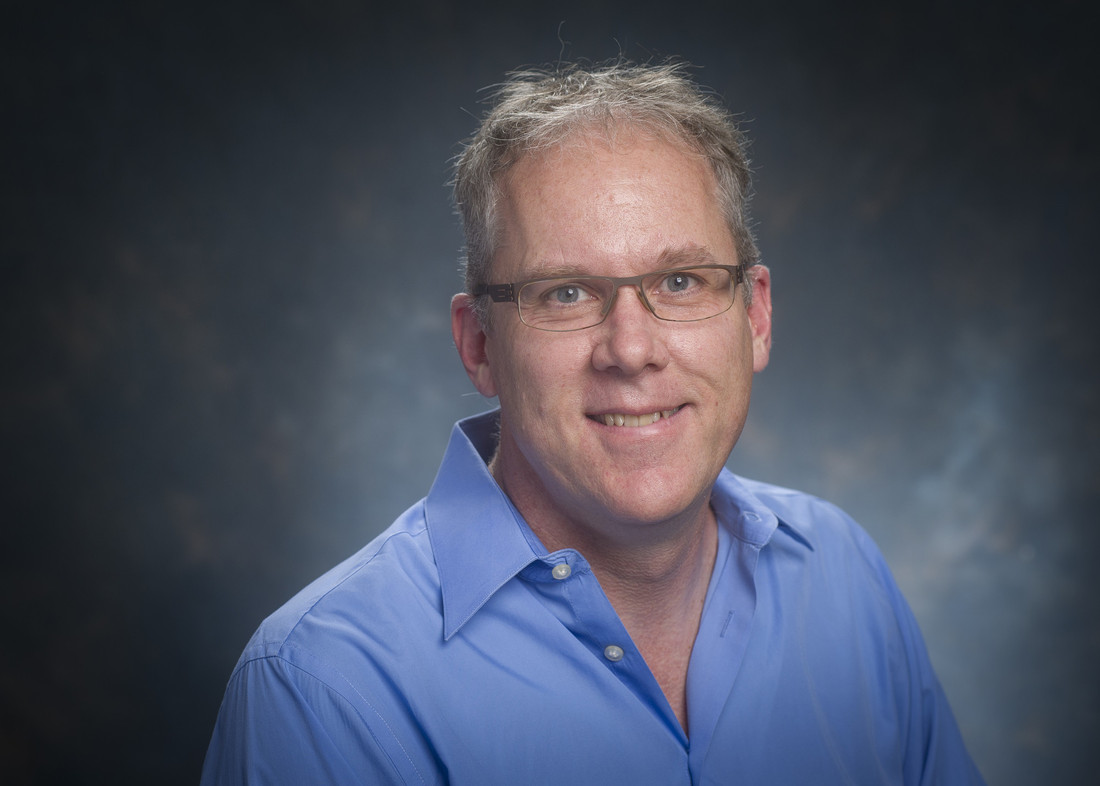
 Troy Randall, Ph.D., William J. Koopman Endowed Professor in the Division of Clinical Immunology and Rheumatology, is the latest winner of the School of Medicine’s Featured Discovery. This initiative celebrates important research from School of Medicine faculty members. Dr. Randall and colleagues discovered that the establishment of resident memory B cells in the lung requires local antigen encounter. This knowledge, published in Nature Immunology, helps researchers and physicians better understand the role of memory B cells in respiratory viruses, like the flu. Read more from UAB News here.
Troy Randall, Ph.D., William J. Koopman Endowed Professor in the Division of Clinical Immunology and Rheumatology, is the latest winner of the School of Medicine’s Featured Discovery. This initiative celebrates important research from School of Medicine faculty members. Dr. Randall and colleagues discovered that the establishment of resident memory B cells in the lung requires local antigen encounter. This knowledge, published in Nature Immunology, helps researchers and physicians better understand the role of memory B cells in respiratory viruses, like the flu. Read more from UAB News here.
The School of Medicine communications staff sat down with Dr. Randall to gain insights about his research, UAB and the science community.
Q: What compelled you to pursue this research?
Numerous labs around the world have investigated how memory T cells help protect the lung and other sites from infections. They found that one of the most important properties of those cells was their ability to stay in that tissue without moving. Although many labs study B cells (the cells that make antibodies) in tissues like the lung, nobody had ever tested whether they were tissue-resident or whether their residence in the lung was one of their protective properties. In that respect, it seemed like an obvious idea to test, and we had all the appropriate tools and techniques here at UAB.
Q: What was your most unexpected finding?
The most unexpected finding was that the response of memory B cells in the lung was so much faster than the response of memory B cells in the circulation. Until our paper, most investigators thought that B cells could make antibody anywhere in the body, and they would provide protection because they were in the circulation. However, having B cells in the lung made the secondary response faster, and because the response was at the site of infection, the virus was eliminated more quickly and the mice recovered that much faster.
Q: How do you feel your research will impact the science community?
I suspect that more investigators will follow our lead to figure out the mechanisms that get B cells to the lung (or other tissues) and determine what makes them more responsive. Another big question is whether they respond differently in the sense that the B cells in tissue may have additional protective functions of which we are currently unaware. That will be really exciting!
Q: What is your research’s relevance to human disease?
I think the biggest relevance is in the area of vaccines. Most of us get a flu shot in the arm every year with the hope that the vaccination will generate antibodies in the blood that will protect us against the flu. That works when the vaccine exactly matches the strain of flu that appears. However, predicting the next strain is difficult. As a result, the vaccines often do not exactly match the circulating viruses. However, our data show that if we can vaccinate in the lung, we should get local protection, even if the strains do not exactly match!
Q: How has being at UAB and living in Birmingham affected your research?
UAB is an awesome place to be a research immunologist! We have so many immunologists (in many Departments and Divisions) with complementary interests and expertise and who are willing to share ideas, reagents, and techniques. That makes it fun.